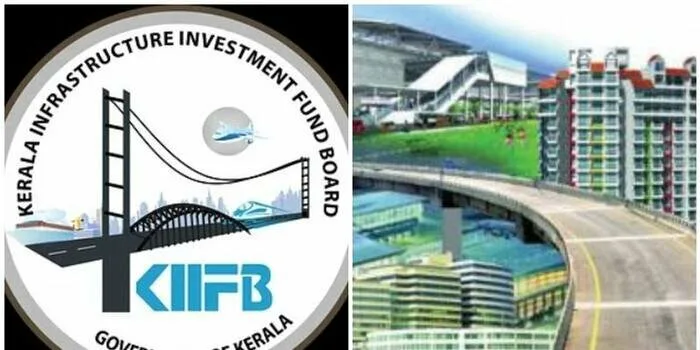
The Kerala government has decided to impose toll charges on roads built under the Kerala Infrastructure Investment Fund Board (KIIFB) project, but only on those with an investment exceeding ?50 crore. This decision was finalized by a ministerial committee led by the Chief Minister, with the participation of the Ministers of Law and Finance. The proposal will soon be presented to the Cabinet for approval. The toll system aims to address financial constraints faced by KIIFB due to restrictions on loan financing. Unlike national highways, where toll rates are fixed per booth, the KIIFB roads will charge tolls based on the distance traveled, with exemptions for local residents.
KIIFB’s financial challenges have intensified following the inclusion of its projects in the state’s public accounts, which has impacted its ability to secure loans. In response to a reduced borrowing limit, both the Kerala government and the Supreme Court have been engaged in discussions on the matter. The state government has argued that central institutions also rely on loans for infrastructure projects, but the central government has countered that these institutions generate revenue, particularly through toll collection on national highways. Consequently, KIIFB is now studying the feasibility of implementing a similar toll collection system to sustain its infrastructure projects.
The decision to introduce tolls comes in the wake of concerns raised by the Comptroller and Auditor General (CAG) and the central government’s stance on KIIFB’s debt burden. During a high-level meeting chaired by the Chief Minister, officials emphasized that without toll revenue, continuing KIIFB projects would be unfeasible. Currently, loan repayments for KIIFB projects are supported through fuel cess and half of the motor vehicle tax. While the CPM had initially opposed toll collection, the party has since altered its stance, allowing the government to move forward without internal policy conflicts.

Post Your Comments